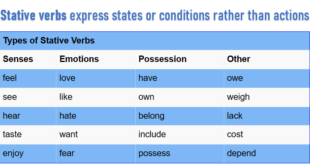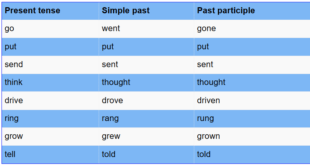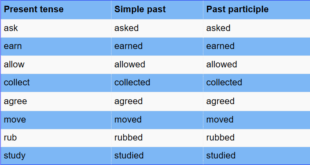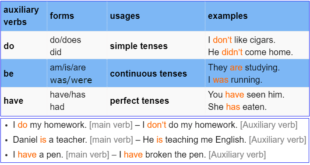Modal verbs![]()
Modal verbs are helping verbs that follow their own rules, and express ability, permission, advice, obligation or possibility.
ability/inability: Can, Could
-
-
- I can speak fluent English.
- Jim could read Latin when he was 10.
-
request/offer: Can, Could, May, Would, Will
-
-
- Can I use your phone? [informal]
- Can I help you? [informal]
- Could I have the bill please? [polite]
- May I have your phone number? [polite]
- Would you like some cake? [polite]
- Will you stop here, please?
-
possibility: Can, could, May, Might
-
-
- It can be cold here in the winter.
- He could arrive anytime now.
- It may rain tonight.
- I might be a few minutes late.
-
permission: May, Can, Could
-
-
- May I come in? [polite]
- Could you wait for me, please? [polite]
- Can I park here? [informal]
- You can’t park here. [informal]
-
obligation: Must, have to
-
-
- You must keep your word.
- You must obey the orders.
- She had to come.
-
ask/give advice: Should, must
- You should see a doctor.
- Should I trust her?
- You must watch this movie. It’s really interesting.
probability: Should, must
- The plane should take off anytime soon.
- Jim has been working all day, he must be tired.
expressing certainty: Will, must
- I’m sure we will be late.
- Fred got promoted. He must be happy.
expressing willingness/refusal: would
- Who would work in the sun?
- The car wouldn’t start this morning.
Modals always take infinitive without “to”.
- ꭗ I can to swim. ✓ I can swim.
- ꭗ Can you swimming? ✓ Can you swim?
Modals are the same for all pronouns.
-
- ꭗ She cans speak French. ✓ She can speak French.
- ꭗ It mays not work. ✓ It may not work.
Modals are the same for all tenses.
- ꭗ He can play guitar. ✓ He will be able to play guitar.
- ꭗ You must come early. ✓ You had to come early yesterday.
To make a question; move the modal before the subject:
- Can you speak English?
- Will you sing us a song?
In negatives only cannot is one word:
- ꭗ I can not speak Japanese. ✓ I cannot speak Japanese.
- ꭗ I willnot wait for you. ✓ I will not wait for you.
They take direct negative forms:
- You cannot park here.
- We will not come to the party.
- ꭗ you don’t should come late.
- ✓ You should not come late.
We do not combine with another modal verb:
- ꭗ I will can to buy a car soon. ✓ I will be able to buy a car soon.
- ꭗ I would must be careful. ✓ I would have to be careful.
Modal verbs, envocabulary.com




